Here’s a way to save cash – donate some property!
Posted: December 16, 2011 in Inside Business
I already knew what I would name it. “The Cruising Vessel” could be the only one. The gently used 1963 Chevy Impala had been donated to YMCA Camp Silver Beach and was up for sale.
As I test-drove the gleaming craft of yesteryear, and pushed the accelerator on the two-barrel carburetor V8 engine, the winding rural roads of the Eastern Shore felt like historic Route 66 or the scenic Pacific Coast Highway.
Unfortunately, the price of this vintage automobile was the same price of my son’s braces. My mid-life crisis would have to wait.
Unlike cash contributions, gifts of tangible personal property like antique cars may require more planning to ensure that givers receive the maximum charitable deduction. Special considerations should be addressed when making a gift, or advising a client about one.
“Non-cash charitable gifts in excess of $500 must be reported on IRS Form 8283,” says Pat Callahan, a CPA with Dixon Hughes Goodman and board member of the Southeast Virginia Community Foundation. “For gifts other than marketable securities, if the value exceeds $5,000 – or the aggregate claimed value of all gifts of similar property made during a year – a qualified appraisal is required.”
Callahan adds that the appraisal must be made no earlier than 60 days prior to the date of the gift and no later than the due date of the tax return. It is the obligation of the donor to pay for the appraisal. The deduction for a gift of tangible personal property that is capital gain property is limited to 30 percent of the donor’s adjusted gross income, with a five-year carryover. Because of other rules that apply to gifts of tangible personal property, potential donors should be advised to discuss with the charity in advance how the property will be used.
Donors must remember that a charity may turn down a gift with little value or one that may be difficult to sell or use. Most charities have gift acceptance policies or committees tasked with acceptance of gifts. But with so many charities in need of support, there is always a charity that can use your gift.
In addition to antique autos, the most common types of gifted tangible personal property are artwork, antiques, jewelry, coin collections and precious metals. Gifts of livestock, crops, timber and business inventory are even possible when the owner transfers ownership directly to the charity.
During my Duke University days, I stumbled upon the most fascinating gift of tangible personal property: An 8-foot bronze camel that found a happy home by the biology building.
The most important factor in donating tangible personal property is donor intent to do good. But in donating these types of gifts, donors may receive a greater tax deduction, generally at fair market value, and avoid capital gains taxes on the appreciation on that asset.
Because of the deduction and tax avoidance, it will cost less to give more. In essence, these deductions mean the government directly supports whatever you support!
Read the article here: http://insidebiz.com/news/heres-way-s-ave-cash-donate-some-property




